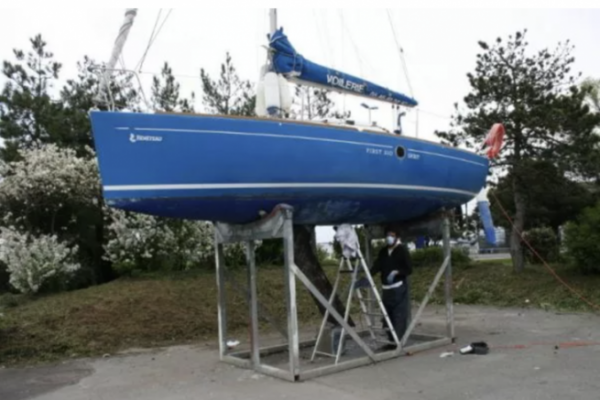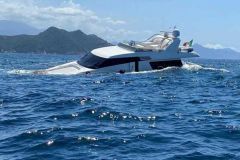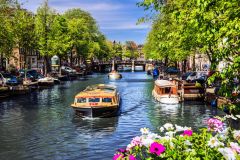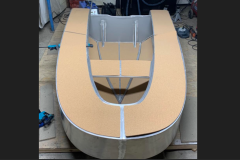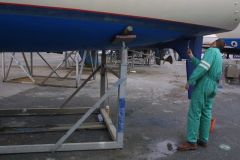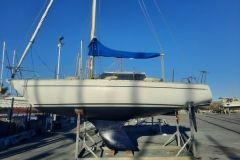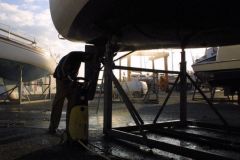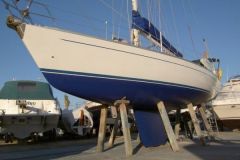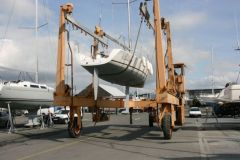Black water tanks, preserve the coastline
Installing black water tanks on board your boat is an essential first step towards protecting coastal environments. While it is compulsory for boats built after January 2008 to be fitted with WCs, this is not the case for older boats. As a reminder, these tanks, like those for waste water, must be emptied either in dedicated facilities in marinas, or offshore.
Black water can be discharged beyond the 3-mile limit provided that the boat is equipped with a grinding and disinfection system. Discharge must take place at a speed of at least 4 knots. In the case of non-grinded and non-disinfected wastewater, a distance of more than twelve miles from land must be respected.
When you're anchored close to the coast, use shore toilets rather than marine toilets to limit direct discharge.
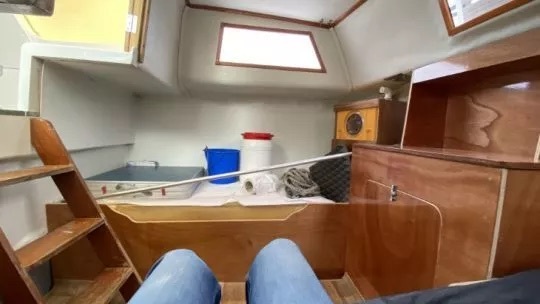
Eco-conscious choices for fuels and cleaning products
When refueling, take preventive action to avoid oil spills into the water. For example, maneuver pumps carefully and use overflow protection devices. In the event of a fuel spill on deck, clean with environmentally-friendly cleaners and avoid the use of harmful detergents.
When it comes to boat maintenance, opt for environmentally-friendly products such as biodegradable cleaners, and avoid products containing harmful substances such as chlorine. In the same way, you can use environmentally-friendly cleaning products for washing up or cleaning on board, which have no impact on the ocean.
Always wash with clean water, and remember to use port facilities such as dishwashing bins, showers, sanitary facilities, waste sorting garbage cans...
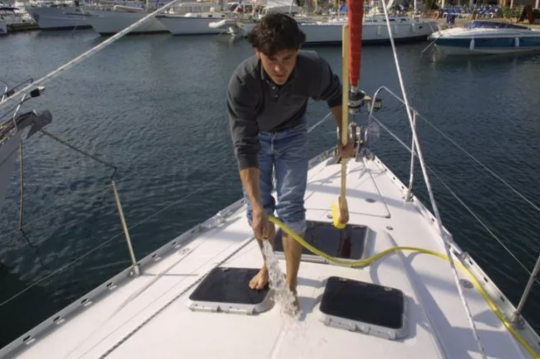
Fairings and antifouling paints, eco-friendly cleaning
For careening operations, use dedicated areas equipped with waste recovery systems. Opt for mechanical methods such as manual stripping to clean your boat's hull, thus limiting the use of water. If the application of antifouling paints is unavoidable, scrupulously respect the recommended doses, and make sure you follow safety instructions to limit discharges into the marine environment. There are also alternatives to antifouling, such as copper matrices or protective covers.
Choose engines that comply with environmental standards
When buying engines, especially used ones, look for those with environmental labels or certifications, guaranteeing reduced noise and gas emissions. For example, opt for engines that comply with CE or EPA standards.
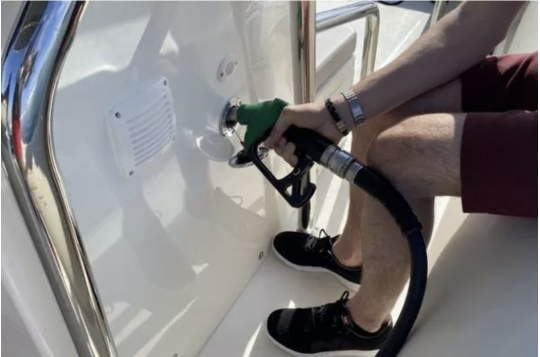
Responsible recycling, give your boat a second life
For the end-of-life of your vessel, opt for clean recycling by calling on specialized services. Consult boat recycling programs such as "recyclermonbateau.fr", which offer sustainable solutions for dismantling and recycling materials responsibly.
